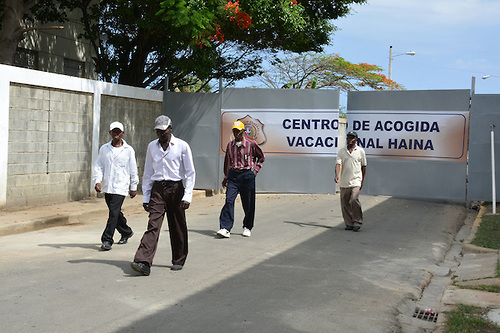|
Your Tuesday Evening Briefing
REDACCION
martes, mayo 12, 2020
-
Más reciente
La advertencia de Fauci sobre la reapertura en EE.UU.
-
Más antigua
[NotiRD] Hoy es martes 12 de mayo del 2020.

Posted by: REDACCION
Entradas que pueden interesarte
Noticias Principales - Lunes 17 de Noviembre 2025
November 17, 2025[NotiRD] Hoy es domingo 16 de noviembre del 2025
November 16, 2025Noticias Principales - Domingo 16 de Noviembre 2025
November 16, 2025
Translate
LOCRIO DE POLLO COCINDO POR UNA MUJER DE POLONIA
Subscribe Us
Popular Posts
[NotiRD] Hoy es miércoles 24 de septiembre del 2025
miércoles, septiembre 24, 2025
[NotiRD] Hoy es domingo 2 de mayo del 2021
domingo, mayo 02, 2021

Marisol Franco apelará envío a prisión preventiva
sábado, septiembre 14, 2019
Labels
Tags
- republica dominicana
- rd
- santo domingo
- METEROLOGIA
- #100-CASOS-CORRUPCION
- puerto rico
- video
- DEPORTES
- Nueva York
- Rusia
- bonao
- san juan de la maguana
- san pedro
- LATIN GRAMMY
- NOMINACION
- PREMIO
- ROMEO SANTO
- SHOW
- aguilas cibaeña
- boston
- dolares
- petroleo
- puerto plata
- santiago de los caballeros
- santo domingo oeste
- tecnologia
- tigre del licey
- youtube
Popular Posts
[NotiRD] Hoy es miércoles 24 de septiembre del 2025
miércoles, septiembre 24, 2025
[NotiRD] Hoy es domingo 2 de mayo del 2021
domingo, mayo 02, 2021

Marisol Franco apelará envío a prisión preventiva
sábado, septiembre 14, 2019
NOTICIA RD HOY https://noticiardhoy.blogspot.com
Created By Blogger Template | Distributed By Gooyaabi Template
















0 Comentarios
Dele clic para ampliar esta noticia http://noticiard.com/ con nosotros siempre estará comunicado y te enviamos las noticias desde que se producen, registra tu Email y estara más informado.
http://noticiard.com/